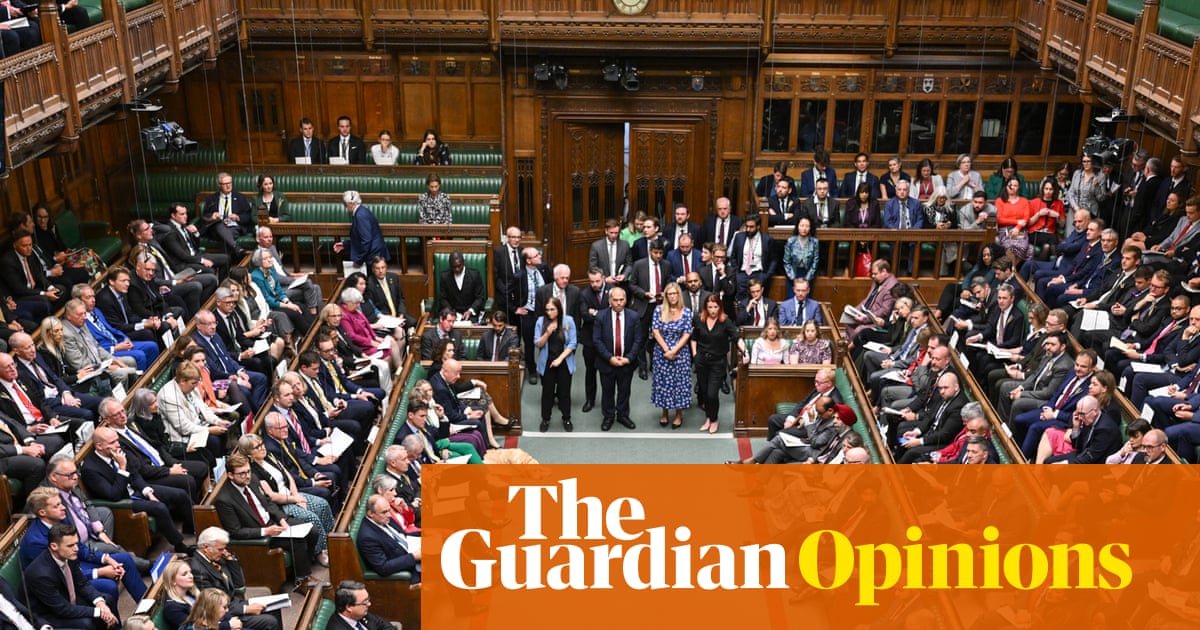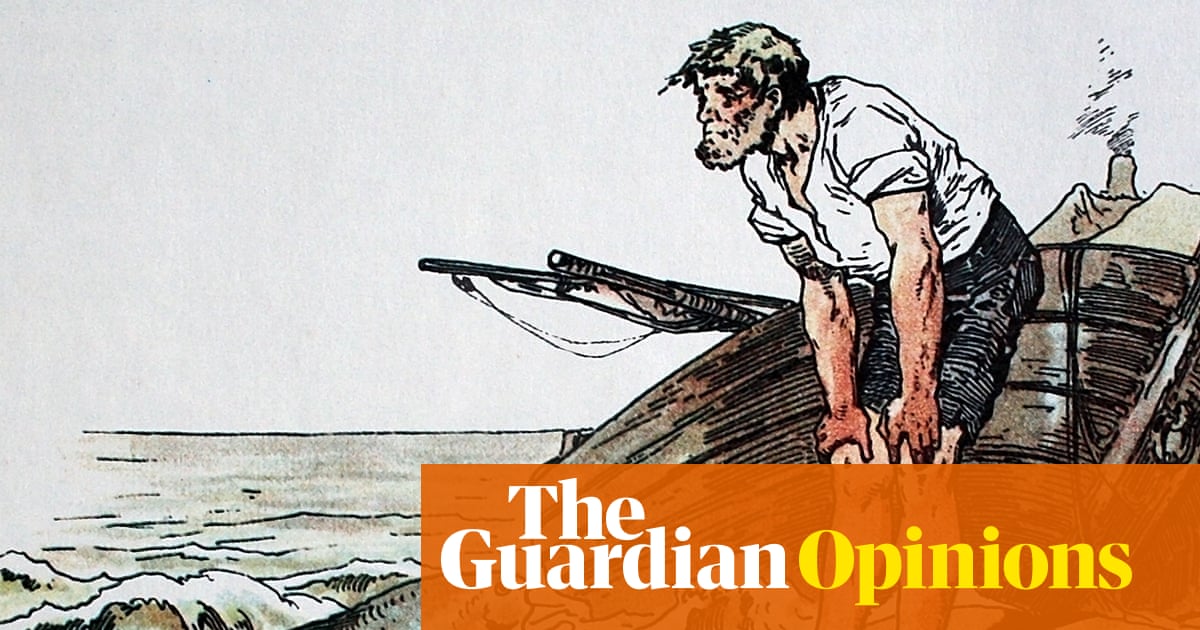The one upside that the government can draw from the welfare reform bill debacle is that it demonstrates the genuine tension between the different roles of parliament and government (Keir Starmer forced into dramatic climbdown to pass welfare reform bill, 1 July). It can be presented as chiming in with the view of many voters that politics today does not work and that all governments simply do what benefits themselves.
The government’s failure to forge a constructive relationship with its backbench Labour MPs lies at the heart of its need for the last-minute revisions of its proposals, but a recharging of that relationship could well resonate with the electorate.
For voters, it is the way that they see their representative that has the most significance. Each MP has the difficult task of balancing their responsibilities to their constituents, their party and their consciences. To accept all this publicly is part and parcel of a democracy and can help rekindle a healthy interest and involvement in the political process.
Michael Meadowcroft
Leeds
Your article refers to a “week of chaos”. While you are right that the progress of the welfare bill has been a “bruising affair”, it is also the very essence of parliamentary democracy that an assertive legislature should amend government proposals for legislation. Rather than deriding the weakness of the government, as with the Brexit saga and the assisted dying bill, should we perhaps be applauding the strength of a parliament which has for too long been controlled by an overpowerful executive?
Michael Bartlet
Frome, Somerset
You quote Keir Starmer’s gratitude to “our chief of staff, without whom none of us would be sitting around this cabinet table”. May I, through your pages, remind the prime minister that it wasn’t Morgan McSweeney who put Labour in power, it was the millions of people who voted for Labour candidates last year, and that none of us voted to make the sick and vulnerable worse off.
Shareen Campbell
Swindon, Wiltshire
Your editorial (2 July) warns that “the rebellion over Pip is unlikely to be the last such confrontation, especially if Downing Street doesn’t learn the right lessons”. In reality, the government failed to learn the lesson from the smaller rebellion over keeping the Tories’ two-child benefit cap. Seven Labour MPs had the whip removed as a result – including the former shadow chancellor John McDonnell – which suited Keir Starmer’s ongoing assault on leftwing Labour MPs.
This time round, however, the rebellion was too big to use the same threat, even though it was rumoured that Morgan McSweeney wanted to make examples of increasing numbers of MPs until the rebellion backed down. When all Keir Starmer and McSweeney have is a hammer to smash the left, every rebel MP looks like Jeremy Corbyn.
Derrick Cameron
Stoke-on-Trent
John Crace may be right in describing Marie Tidball MP as making the speech of the day in the welfare debate (The politics sketch, 1 July). But he is wrong in suggesting that she was the only visibly disabled MP in the house. The Liberal Democrat spokesperson’s guide dog was a bit of a giveaway.
Geoff Reid
Worsbrough, South Yorkshire
So Pat McFadden says there will be financial consequences after the last-minute welfare concessions. Labour’s strategy revealed, thanks to Oscar Wilde, a belief in the price of everything and the value of nothing.
Valerie Mainwood
Wivenhoe, Essex

.png) 2 months ago
21
2 months ago
21

















































